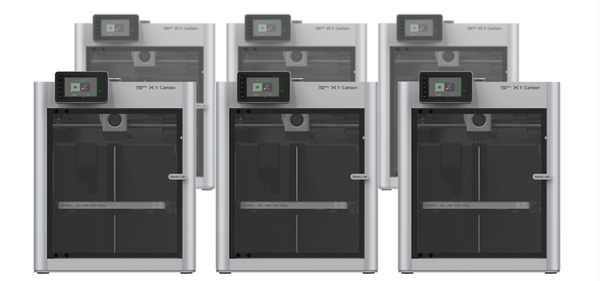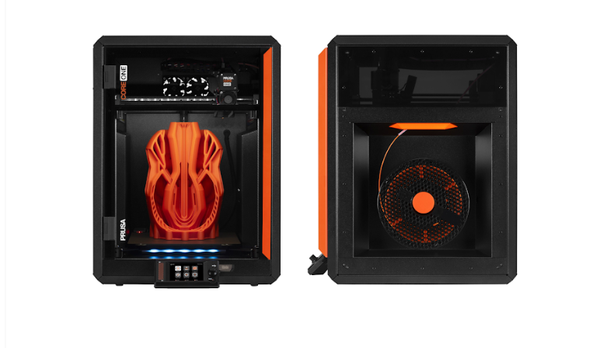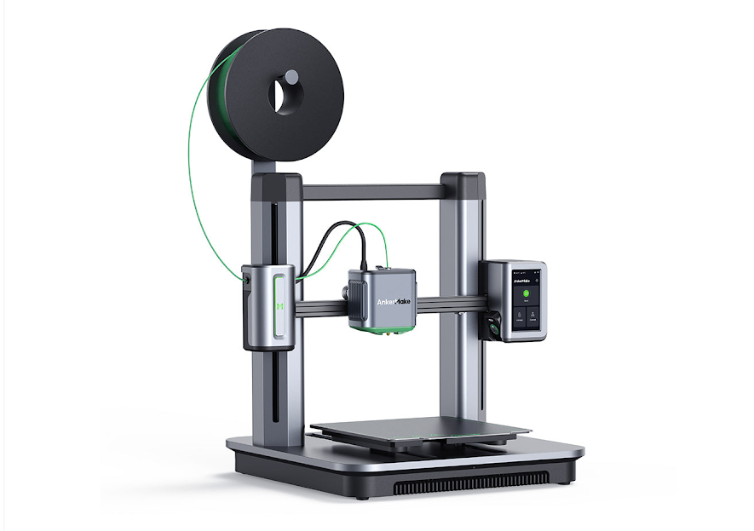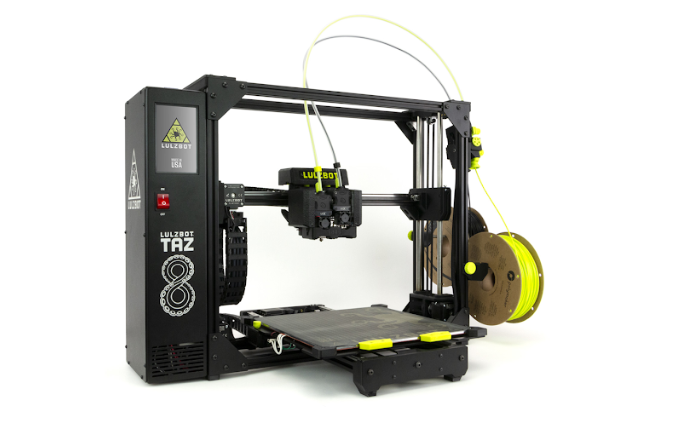Formlabs Form 4B: Fast Medical 3D Printer for Reliable Bio Parts
The Formlabs Form 4B is a fast mSLA 3D printer designed for medical and research environments. Low Force Display technology and integrated sensors yield sterilizable parts in under two hours. Learn why it matters, key benefits, specs and limitations.
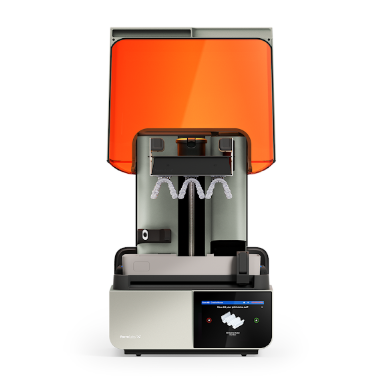
Hospitals and research labs need reliable 3D printing equipment that can deliver surgical guides and custom fixtures quickly. Formlabs’ new Form 4B mSLA printer is designed for regulated medical environments with Low Force Display (LFD) technology that prints most parts in under two hours. This performance, combined with integrated sensors and a broad library of biocompatible resins, makes the Form 4B a compelling choice for professionals who need high quality parts fast.
Why it matters
In medical and research environments, turnaround time and reliability are critical. Traditional stereolithography printers can produce accurate parts, but many require lengthy curing cycles, limited material options and frequent supervision. The Form 4B addresses these bottlenecks by combining lightning‑fast printing with integrated sensors and automated resin handling. This means clinicians and engineers spend less time managing a printer and more time focusing on design iterations and patient care.
The shift toward personalized medicine and point‑of‑care manufacturing makes it important to have equipment that can keep up with evolving demands. By supporting a wide range of FDA‑registered and biocompatible resins, the Form 4B allows dental labs, hospitals and research institutions to fabricate surgical guides, splints and anatomical models on demand without outsourcing. The printer’s reliable hardware and software ecosystem reduces the risk of misprints and ensures parts can be sterilized, washed and finished to meet strict regulatory standards.
Key benefits
- Blazing‑fast production — LFD™ technology and a fast resin heater/dispenser enable most prints to finish in under two hours, letting you iterate quickly and maintain patient throughput.
- High accuracy and resolution — A 50‑micron XY resolution and adjustable layer thickness from 25 to 300 microns yield crisp details and smooth surfaces appropriate for surgical guides and prototypes.
- Biocompatible materials library — The printer supports a broad range of Formlabs resins, including BioMed Durable, BioMed Flex 80A, BioMed Elastic 50A and other specialized formulations for dental and medical applications.
- Integrated sensors and automation — Built‑in resin level, temperature, leveling and debris sensors monitor every print cycle. An automatic resin dispenser and mixer keep material ready and prevent print failures.
- Streamlined workflow — PreForm software offers one‑click printing, adaptive layer slicing and automatic support generation, while optional cloud dashboard features allow remote monitoring and multi‑printer management.
- Reliable investment — With its robust construction and integrated post‑processing ecosystem (including Form Wash and Cure), the Form 4B reduces downtime and helps labs achieve predictable costs of ownership.
Proof & specs
The Form 4B’s technical specifications support its claims of speed and precision. It offers a build volume of 200 × 125 × 210 mm (7.9 × 4.9 × 8.3 inches), which is large enough for most dental arches, surgical guides and custom medical devices. With an XY resolution of 50 microns and a layer thickness adjustable between 25 and 300 microns, users can choose ultra‑fine detail or faster layer deposition depending on the application. A high‑resolution LCD panel masks a powerful backlight containing 60 LEDs, ensuring uniform curing across the entire build area. This combination of precision optics and strong illumination contributes to the machine’s consistent results.
Low Force Display technology reduces the peel forces that typically slow down stereolithography printers. By delivering uniform light through the LCD and carefully controlling resin flow, the Form 4B can complete many parts in a fraction of the time required by older SLA systems. Integrated sensors monitor temperature, resin level and print status to catch potential issues before they cause failures. The printer uses sealed resin cartridges to minimize handling and maintain material purity, while an automatic mixing system keeps pigments and additives evenly dispersed. These features provide strong evidence that the Form 4B is engineered for high reliability.
Not ideal for …
Although the Form 4B offers impressive performance, it is overkill for hobbyists and small makers who don’t need medical‑grade materials or high throughput. The machine’s price tag reflects its regulatory compliance and feature set; individuals or general‑purpose workshops might prefer more affordable desktop printers for casual projects.
The Form 4B also requires a controlled environment to take full advantage of its capabilities. Users must manage resin cartridges, wash and post‑cure parts, and maintain calibration to ensure repeatability. Anyone expecting a fully hands‑off consumer experience should consider the additional equipment and procedures needed to handle biocompatible resins and sterilizable parts.
